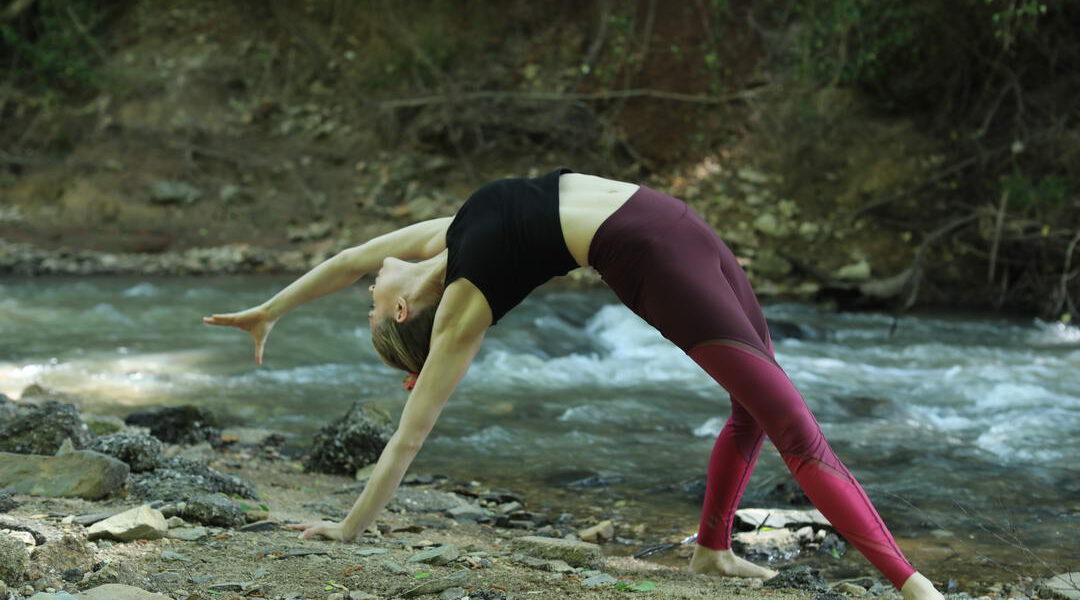Yoga, often celebrated for its healing and transformative qualities, can sometimes take an unexpected turn when it triggers uncomfortable emotions or memories. While yoga is typically associated with relaxation and self-discovery, there are instances when yoga classes become triggering experiences for individuals. In this article, we’ll delve into the complex emotions that can arise during such situations and explore compassionate strategies for navigating triggering moments in yoga classes.
Explore Meditation Retreats & Wellness Retreats
Explore Yoga Retreats with Tejomaia.com

Acknowledging the Complexity
Yoga classes triggering discomfort is not uncommon, and it’s essential to recognize that each individual’s experiences are unique. What may be uplifting for one person can evoke difficult emotions for another. Understanding that triggering moments can stem from past traumas, emotional vulnerabilities, or even current life challenges is the first step in approaching this issue with empathy and compassion.
Creating a Safe Space
Yoga studios are often seen as sanctuaries for self-exploration and growth. To address triggering experiences, it’s crucial for both yoga instructors and practitioners to work together in creating a safe and inclusive environment. Instructors can establish guidelines for emotional support and communicate openly with students, encouraging them to express their needs or concerns before, during, or after class.
Mindful Self-Awareness
For individuals attending yoga classes, cultivating mindful self-awareness is a valuable tool. By recognizing their own emotional triggers and sensitivities, practitioners can make informed choices about the type of class or practice that aligns with their current state of mind. It’s okay to opt for gentler practices, modify poses, or even take breaks when needed to ensure their emotional well-being.
Practicing Mindful Disconnection
While yoga encourages being present and connected, there are moments when disconnecting is equally important. If a specific pose or sequence triggers negative emotions, individuals can practice mindful disconnection by focusing on their breath, choosing to rest in child’s pose, or simply observing without judgment. This approach allows them to honor their feelings while maintaining a sense of safety.
Compassionate Communication
Yoga instructors play a crucial role in creating a supportive atmosphere. They can foster open dialogue by encouraging students to communicate their emotional experiences, both positive and challenging. Instructors can offer variations, adjustments, or alternative poses, ensuring that each student feels empowered to choose the practice that aligns with their emotional needs.
Embracing Yoga Beyond Asanas
Yoga is not solely about physical postures; it encompasses a holistic approach to well-being. For those who find yoga classes triggering, exploring other aspects of yoga such as meditation, breathwork, or self-study (svadhyaya) can provide valuable insights and healing. These practices allow individuals to engage with yoga in ways that nourish their emotional and mental health.

Navigating triggering moments in yoga classes requires a blend of self-awareness, compassion, and open communication. By acknowledging the complexity of emotions that can arise, both yoga instructors and practitioners can work together to create a safe and inclusive space. Remember, yoga is a personal journey, and it’s okay to prioritize emotional well-being over pushing through discomfort. Ultimately, when approached with mindfulness and empathy, triggering moments can become opportunities for profound self-discovery, healing, and growth on the mat and beyond.
Explore Meditation Retreats & Wellness Retreats
Explore Yoga Retreats with Tejomaia.com


